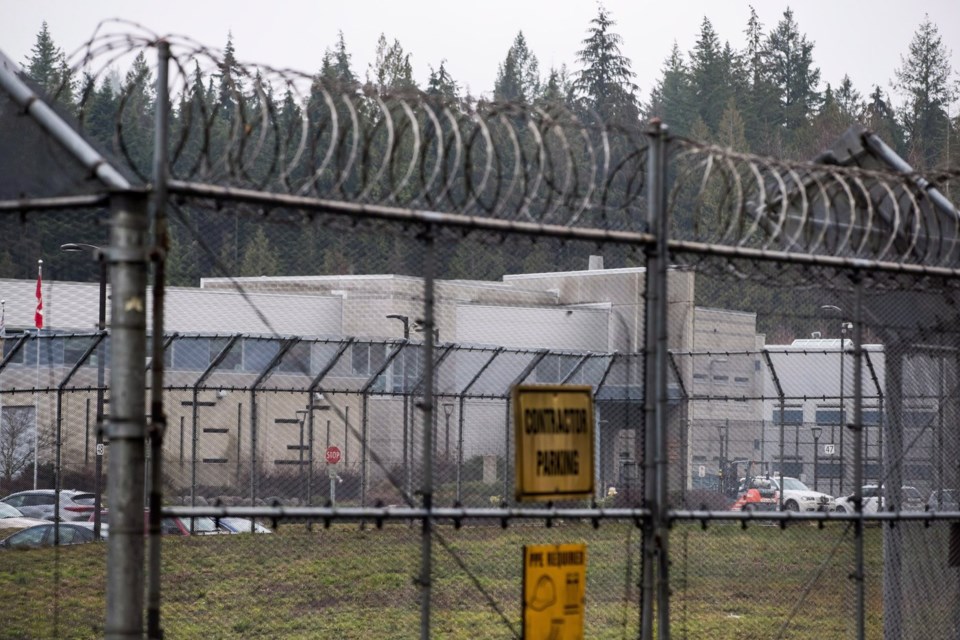VANCOUVER — A proposed settlement of up to $60 million has been reached in a class-action lawsuit related to the use of solitary confinement in British Columbia correctional facilities.
The Quebec-based law firm Proactio issued a statement Saturday saying the settlement must be approved by the B.C. Supreme Court, but could provide eligible class members up to $91,000.
It said the lawsuit alleges the B.C. government improperly subjected prisoners to solitary confinement, "causing emotional, physical, and psychological harm."
The class includes people incarcerated after April 18, 2005, and involuntarily held in separate confinement or segregation for at least 15 consecutive days, or when the province knew or ought to have known they suffered from a mental illness, the statement said.
B.C.'s Ministry of Attorney General confirmed in an emailed statement that the province had agreed to jointly propose a resolution in the case to the court.
The allegations in the statement of claim originally filed in November 2018 had not been tested in court.
The ministry's statement said it had "taken lessons from the litigation successfully brought against other jurisdictions across the country, and proposed a resolution to close this chapter quickly and avoid the kind of long expensive legal fights" seen elsewhere.
The notice of civil claim filed in Vancouver stated that under solitary confinement practices, inmates were placed in cells and "denied any meaningful human contact for at least 22 hours per day."
Every instance of prolonged solitary confinement or confinement when the person suffers from mental illness constituted "cruel, inhumane and degrading treatment," it said, adding there could be no justification for such practices.
The lawsuit said the lead plaintiff in the case had been diagnosed with several mental conditions, including borderline personality disorder and anti-social personality disorder, and was subjected to both types of confinement while incarcerated at the Prince George Regional Correctional Centre.
It said the plaintiff along with other class members suffered "severe adverse effects" when subjected to confinement.
The effects included depression, hallucinations, paranoia, self-harm, insomnia, weight loss, difficulty separating reality from their own thoughts, and the worsening and exacerbation of pre-existing mental and physical conditions, it said.
The lawsuit claimed the province owed a duty of care to class members to "conform with the standard of care of a reasonable and prudent prison operator, administrator, and manager" and in accordance with the Canadian Charter, the Correction Act, provincial law as well as domestic and international policy norms.
Saturday's distribution of public notices was the first step in the settlement approval process, the statement from B.C.'s Attorney General Ministry said.
"It's important to note this is not a finalized settlement and it is still subject to court approval, where the court will assess whether the agreement the parties have reached is as fair as we think it is," it said.
A hearing to decide whether to approve the proposed settlement has been set for Oct. 22, the statement from Proactio said. Class members have until Sept. 2 to indicate if they support or object to the proposal, it said.
Those put in separate confinement after Dec. 22, 2020, can opt out by Sept. 2, in which case they would not receive compensation but would retain their right to pursue an individual lawsuit.
Class members can also submit a claim for compensation at a later date if the court approves the settlement.
The court has appointed Koskie Minsky LLP and McEwan Partners LLP as class council, while Proactio has been mandated to act as administrator of the class action, the firm's statement said.
This report by The Canadian Press was first published July 19, 2025.
The Canadian Press



